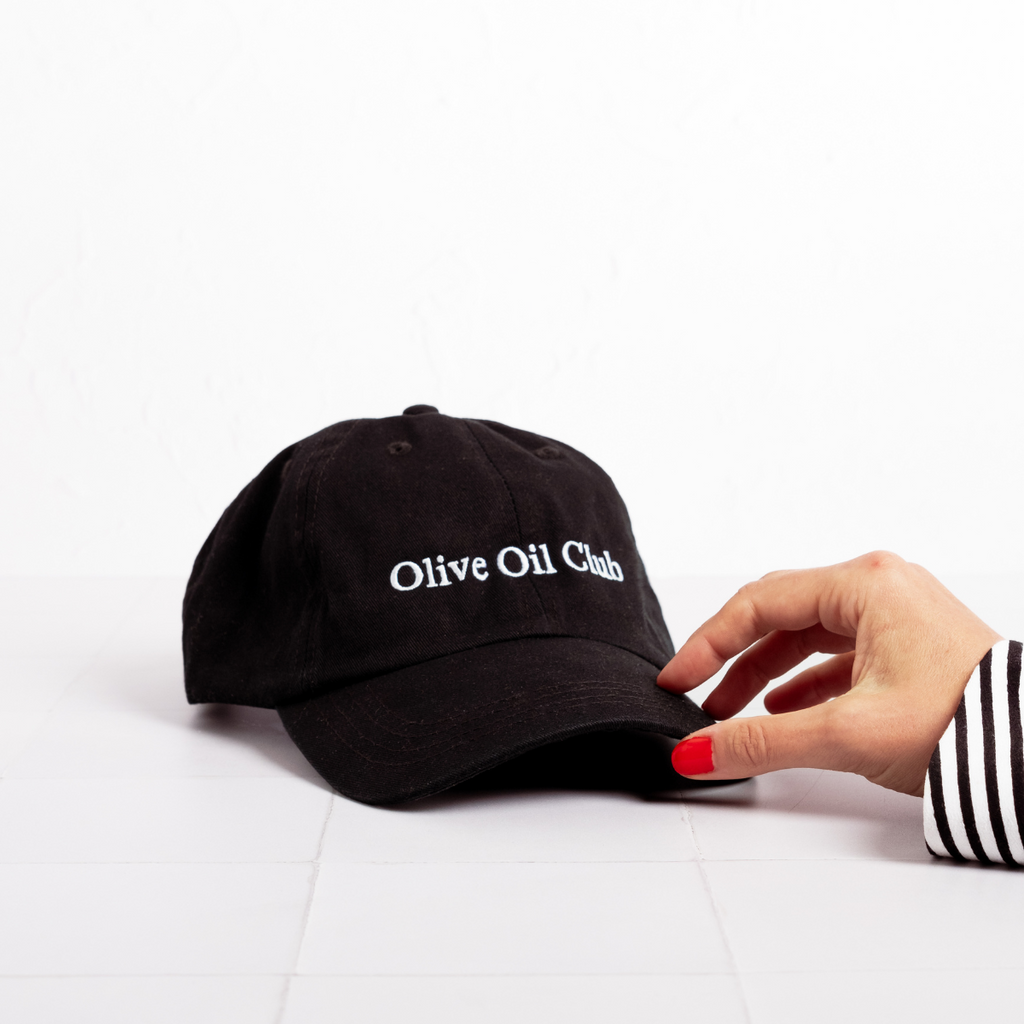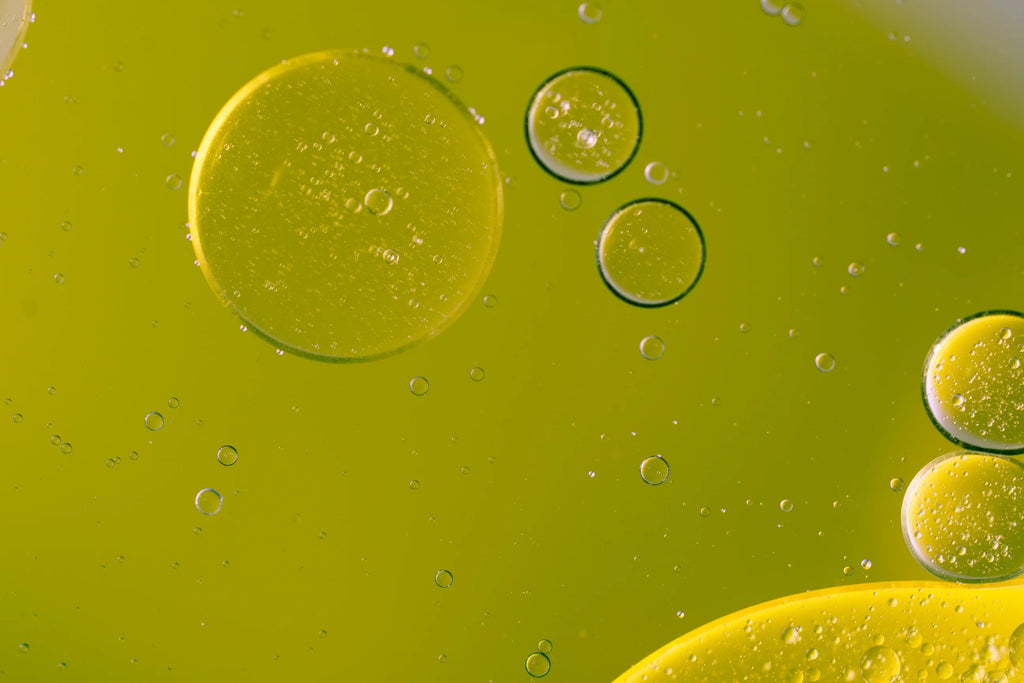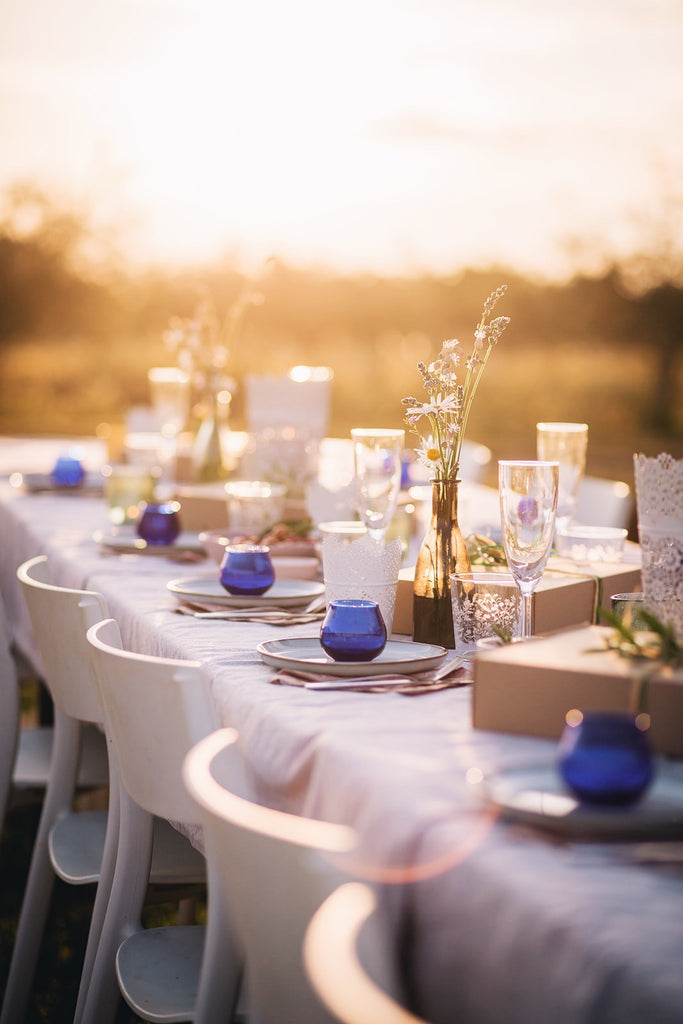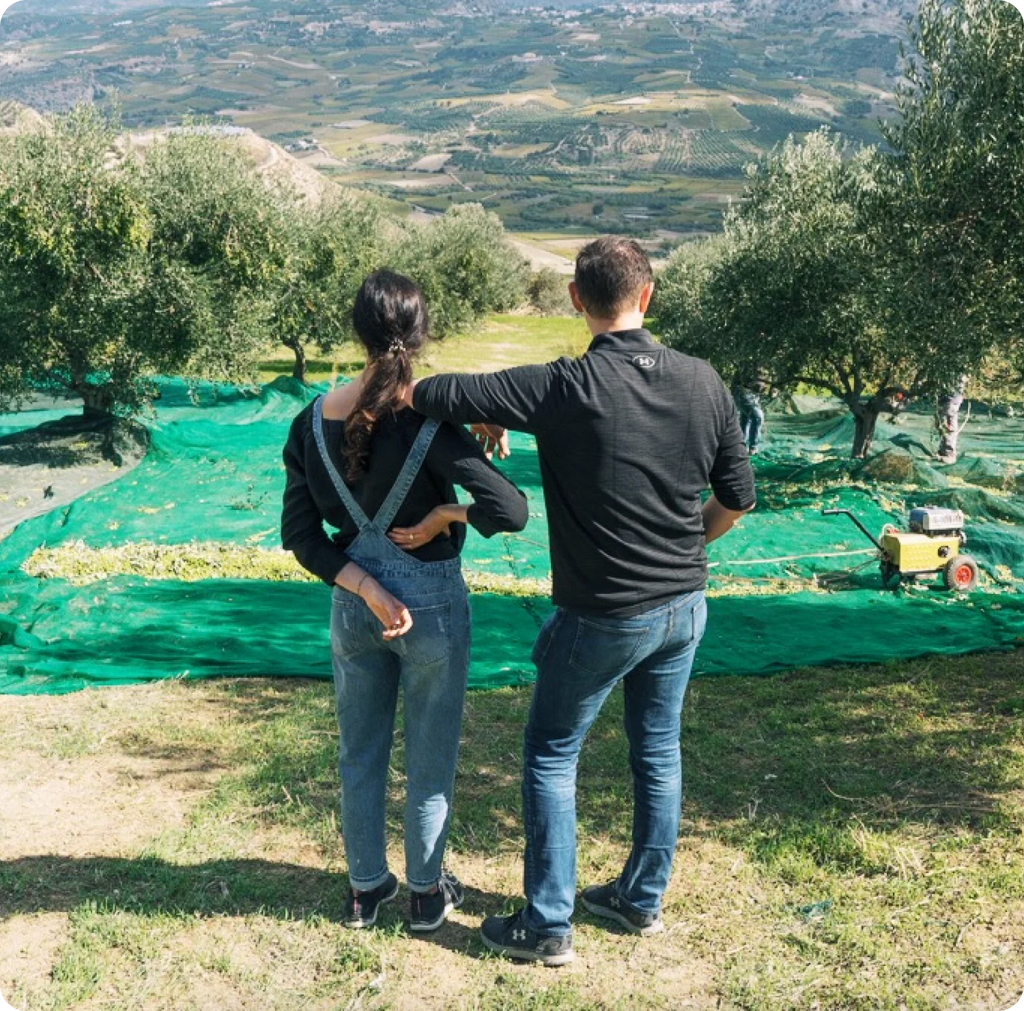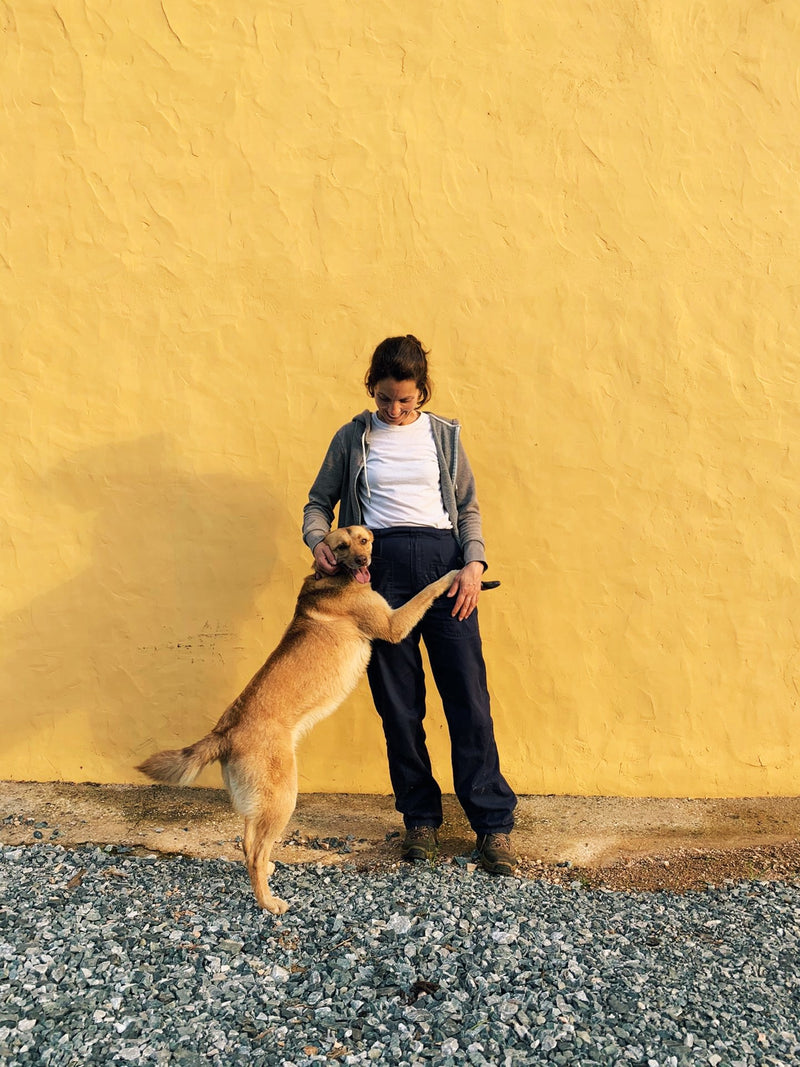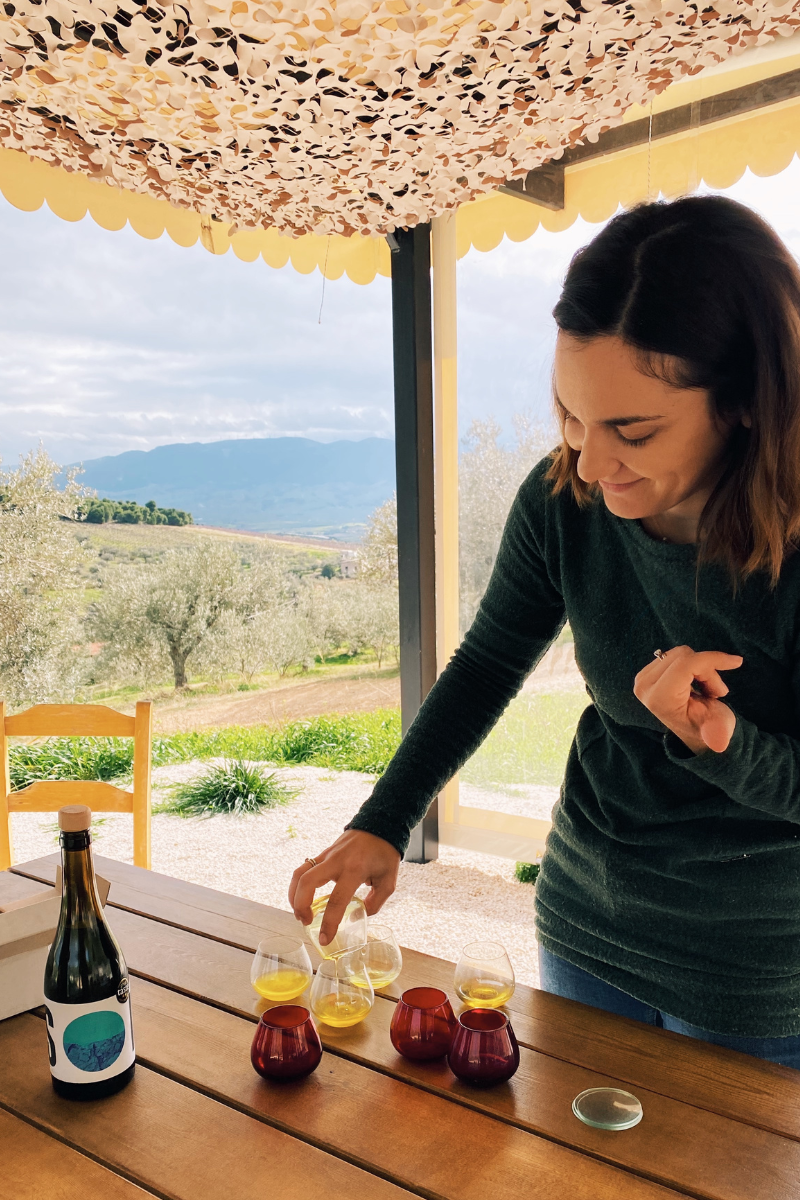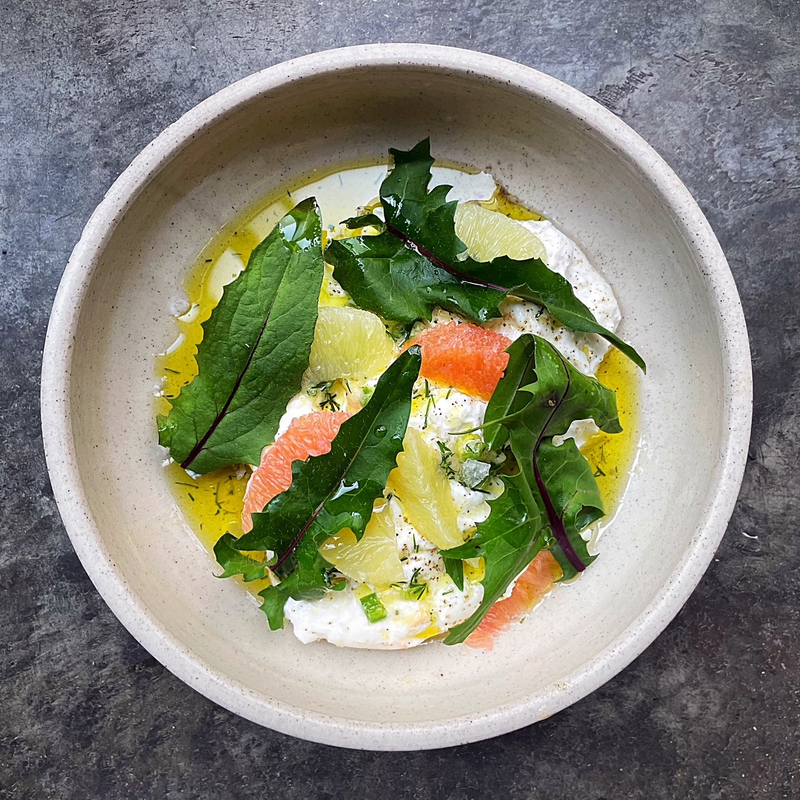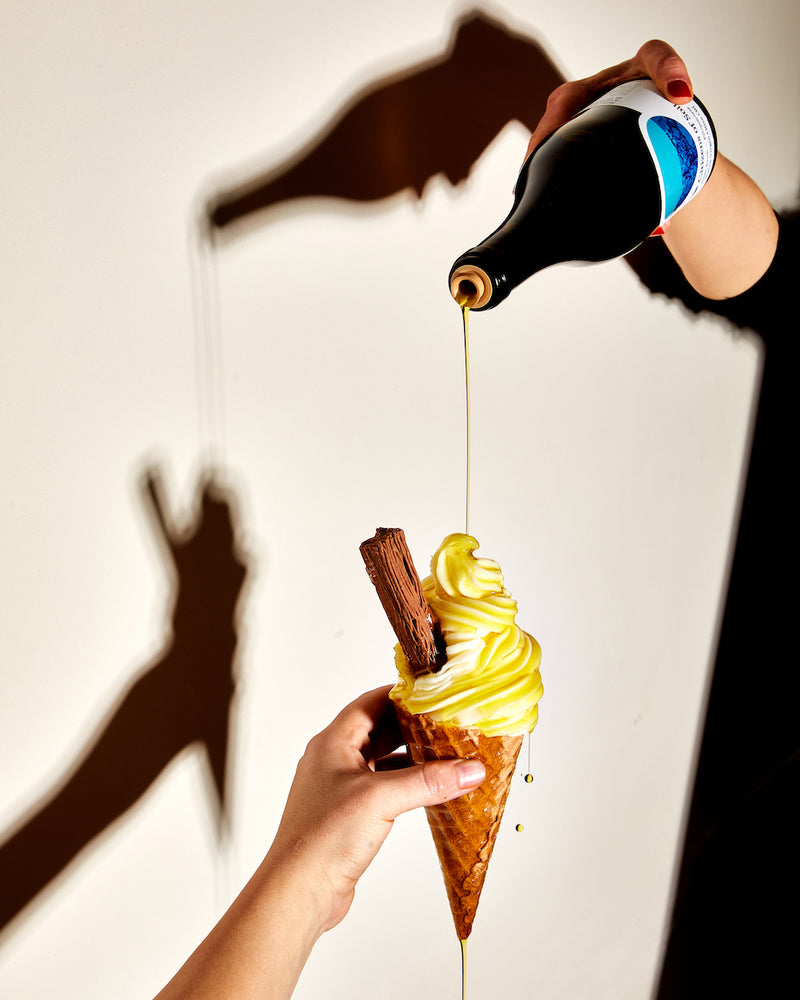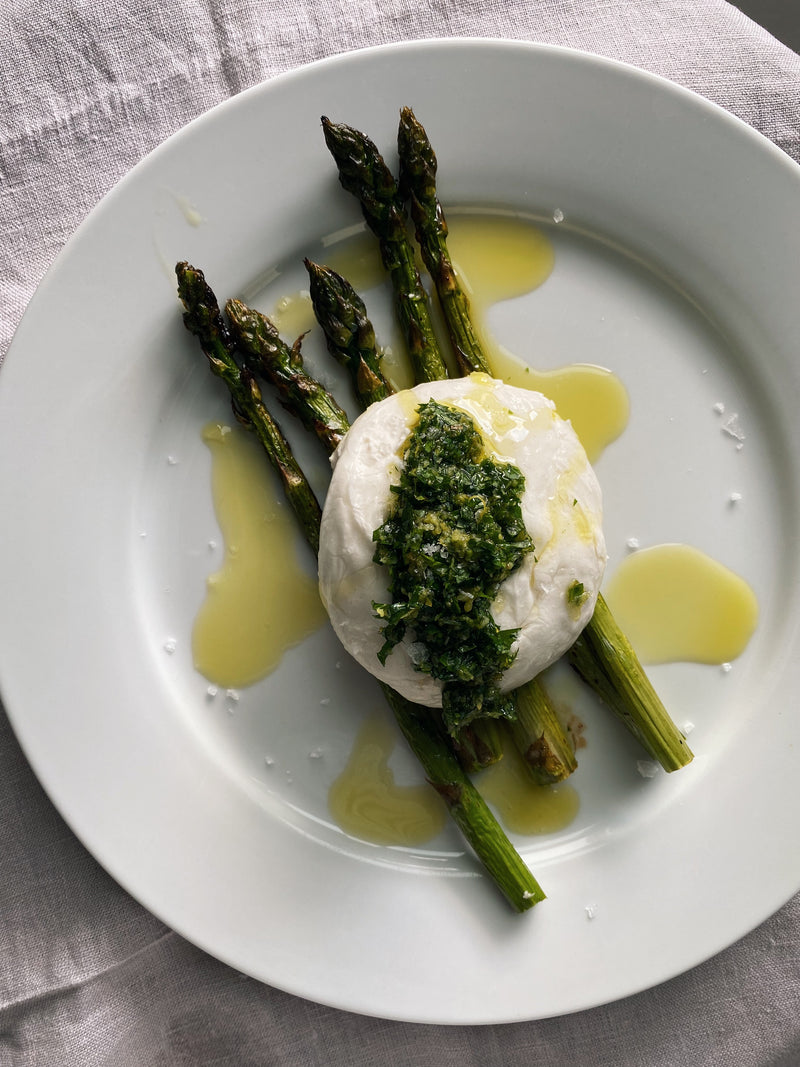The ultimate Istrian travel guide: what to do in this hidden foodie gem
Take a trip to the "new Tuscany", Croatia's gastronomy capital. And I’ll tell you exactly how to eat and drink your way through it.
When booking a trip to Croatia, most head south to the rocky beaches and holiday resorts. But there is a heart-shaped peninsula, hidden up in the northwest. Where the sea appears to shimmer and hills dense with truffle. Where there are islands to hop, vineyards to roam, and narrow streets to wander. Welcome to Istria.
Ever since the Romans spread olive groves, the region has been famous for its oil. Now. Many of you may be thinking ‘Croatian olive oil? Sounds like a hipster foodie fad’. Alas, you couldn’t be more wrong. The region has been voted the global champion of high-quality olive oil for seven consecutive years.
Sarah and Michael, founders of Citizens of Soil, travelled to Istria enticed by this coveted olive oil. They didn’t expect to return with a new farmer. But that they did. Istria had enchanted them, capturing not only their taste buds but their hearts as well.
That’s why I’m here. To give you the ultimate guide to Istria. So, without further adieu, here’s everything you need to know.

Basics
Let’s start with the boring bits. Yes, you can drink tap water. Yes, they're now officially on the Euro €. Yes, nearly everywhere will accept your Monzo. And the timezone is GMT+2.
The summers are warm, humid, and mostly clear. The winters cold, snowy, and partly cloudy. If you are seeking a sun-soaked Istria, early July to mid-August is your best bet.
Getting there
There are many ways you can get there and get around. But, if you are coming from the UK and want a sunny summer holiday, I’ve got you covered.
Return flights from London to Pula start from £56 (thank you ryanair.com). There are pretty good bus links that connect different areas within the region: comfortable and cost-effective. Pula airport is about 10 minutes from the city centre by bus, with tickets costing about 4€. However, at the bus station, they only take Kunas and cash, no euros or cards accepted. Cheeky, I know.
If you want to hit all the gems we are about to tell you about, renting a car is the best option. And you can do so for under £200 for an entire week.
Or, you could follow the route that Sarah and Michael did: Touch down in Venice during the off-season, avoiding the flood of cruise ships and sea of tourists, rent a car and drive through that corner pocket of Italy. Make your way through Slovenia, and down into Istria. The trip is only a few hours. And it’s a few hours of gushing views and an endless string of vineyards. Deluxe.
Staying there

Double rooms in Rovinj cost from £62 a night at the Melegran B&B; from £92 in Pula at Apartments Forum; and from £139 in Motovun at Hotel Kastel. However, if you have a group of pals (around 3-6) you can find Air BnBs within the region for a very reasonable price.
There are are several great agrotourismos. Essentially, places you can live out your farm dream. Sarah & Michael stayed at SKABE, a farmhouse in Pula, that boasts the most beautiful olive oil and wine. It’s safe to say, they had a jolly time.
And for those who want to splash some extra cash, Roxanich is a more luxury option on the peninsula. Situated down the hill of the ancient village of Motovun, you can hike up for truffle-filled dinners with vistas for days.
Eating there
Istrian food is graceful. It’s considered. And tastes as good as it looks. This is an ultimate foodie destination, but without the gourmet pretentiousness. Here are our top five restaurants to hit.
Batelina in Banjole. For a no frills tavern serving some of the best fish and seafood in Croatia. Beware, they don’t take cards.
Konoba Vela Vrata in Beram. For classic Istrian cuisine based on truffles and homemade pasta.
Stara škola in Krasica. For a more contemporary take on local cuisine.
Bolara 60 in Grožnjan. For a rural dining experience with a daily changing menu based on locally grown ingredients.
Viking in Jural. For stunning seafood and even more stunning views.
You will stagger home from all these spots, plumper and happier. You’re welcome.

Exploring there
Take the car for a spin. Let your hair down. Open the windows. And hit all our recommended spots.
Pula
Part of Istria’s charm is its ability to provide two or three different types of holidays. Pula is a historic, gritty port town. It is clustered around the Roman amphitheatre, a site of gladiator combat built in the 1st century. But today, the echoes of battle have yielded to the sound of jazz concerts and film festivals.
Rovinj
Around an hour and a half from Pula, nestled on the Adriatic coastline, there is Rovinj. A pocked-sized Dubrovnik. You are welcomed by a looming church with a cobbled town at its feet. It's been enchanting visitors with its chalkstone streets, vibrant colour palette, and waterfront eateries for generations. Spend an afternoon walking around the harbour.
Motovun
Discover a Croatia away from the crowds. This mediaeval town sits atop a flat-topped hill on one side of the Mirna Valley. And it’s where you can find one of the region’s best-kept secrets. Truffles. There’s basically only one street in the town, so it’ll be hard to get lost. As you walk towards the top, you’ll begin to pass a plethora of tasting rooms and stands selling wine, rakiya (a Croatian spirit), olive oils and more truffles that you can possibly imagine. You can even do a truffle hunting tour. Let’s get ready to snuffle.
Cape Kamenjak
Ok, the sun is setting, head to Cape Kamenjak. A nature reserve known for its clear water beaches, cliff diving and fields of orchids. Perfect for a wave-free, casual dip. And a romantic sun set spot for all you love birds. Dolce Vita.
Vodnjan and its olive oil scene
This little village is a tasty hub for some of the nicest olive oil in the country. Citizens of Soil new EVOO comes from the Puhar-O’Grady family here, which you can find at their shop called Brist in the centre of town.
Shout out to the wonderful Grubic olive oil mill. Take a look at some of the old machinery used over generations to produce oil. While they have now turned to modern methods, it’s a spot that feels like a sweet ode to the history of EVOO.
Wineries
It’s got some good booze. Trust me. Head to Kabola, or Benvenuti, or Kozlović to discover Istria’s best. From crisp, mineral-driven whites crafted from indigenous varieties like Malvazija and Teran, to full-bodied reds with rich fruity profiles like Refošk and Merlot, Istrian wines have it all.
If you want to holiday like Clooney, stay at the Roxanich Winery and Design Hotel. Sunshine, natural wine and hillside views. With a sprinkling of Hackney. Yes, it is as good as it sounds.
__
Istria has been known as the ‘New Tuscany’ for years now. It’s not a very new phenomenon. But still, people seem to overlook it. But now I have armed you, my fellow Citizens of Soil, with the knowledge to have a summer holiday that beats any Italian adventure. It has the history, the waters and the culinary excellence.
This is Istria. Eat truffles, taste olive oil and marinade in vino. And bask in the beauty of an unsung region of Europe.
—Kate Carruthers, Copywriter & Recipe Developer
"I write copy people want to read. That people can't resist sinking their teeth into. Especially if it's about food, drink or hospitality. Currently freelancing at Ottolenghi, I bring a touch of fun to a world that can sometimes take itself too seriously. Because, at the end of the day, that’s what it is all about. Fun.”







